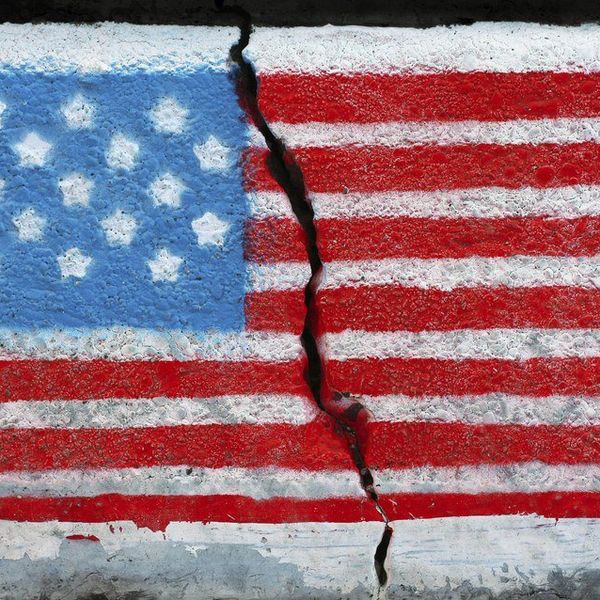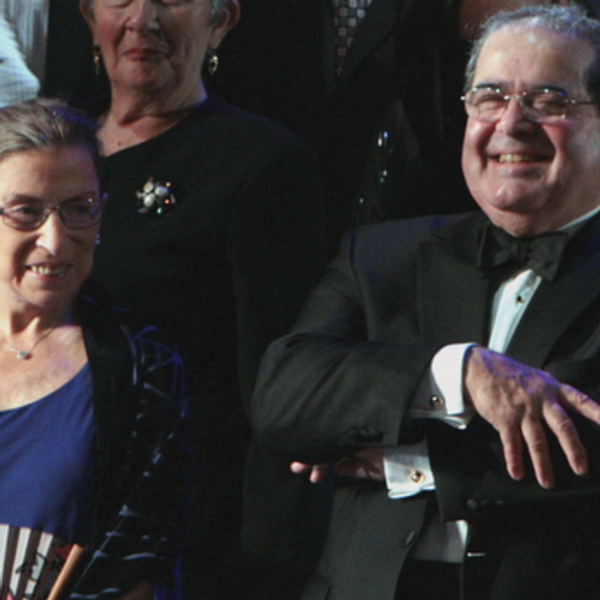The Supreme Court’s outspoken conservative voice, Justice Antonin Scalia, died in his sleep last week at age 79. This leaves a vacancy in the high court that must be filled.
President Obama immediately commented on the Justice’s sudden death. His remarks were terse—mostly noting Justice Scalia’s character and accomplishments. He praised the Justice as a “brilliant legal mind” and as someone who “influenced a generation of judges, lawyers and students.”
The president did briefly address the judicial and political aspects and implications of Justice Scalia’s passing. He announced his intention to nominate a successor and asserted, “There will be plenty of time for me to do so [appoint a successor] and for the Senate to fulfill its responsibility—to give that person a fair hearing and a timely vote.”
If the previous remark was a loving nudge to Senate Republicans, then the subsequent sentences were blatant jabs: “These are responsibilities that I take seriously, as should everyone. They’re bigger than any one party. They are about our democracy.”
Here’s the president’s full (yet succinct) statement on Justice Scalia’s death:
Since the president said he would nominate a successor, it will be up to the GOP-led Senate to either confirm or reject President Obama’s nominee.
Senate Majority Leader Mitch McConnell (R-KY) has stated, “The American people should have a voice in the selection of their next Supreme Court Justice. Therefore, this vacancy should not be filled until we have a new president.”
Since Mitch McConnell is the Senate majority leader, he sets the schedule for Congress’ upper chamber. Considering his statement—along with the congressional Republicans’ history of recalcitrance toward President Obama—the prominent Republican seems to be foreshadowing a manufactured vote delay, essentially putting off the confirmation vote until a new president takes office. Thus, that president would make the nomination instead.
The problem here is that it will take 11 months for the next president to fulfill that responsibility. During that time, the Supreme Court will have 8 Justices—four leaning liberal and four leaning conservative. This makes 4 - 4 decisions seem rather plausible.
In the case of a 4 - 4 Supreme Court decision, the ruling from the lower court is upheld and no precedent is set. The law remains unsettled. Decisions resulting in unsettled law are likely to clog up the legal system and keep legislation on shaky ground.
There are several upcoming consequential cases for the high court to hear, which could have drastic consequences if no precedent is set. These cases involve issues such as abortion rights and immigration, among others; Vox has a brief, yet informative article outlining these cases and their implications.
When one can virtually predict Supreme Court decisions based on Justices’ ideologies, it’s evident that Washington’s polarization has leaked into our high court. This is especially disconcerting since the Judiciary is generally seen as the institution that should be above politics.
While the GOP contends that the timing of an election year precludes a Senate vote, don’t they recall that Justice Anthony Kennedy was confirmed in 1988? An election year. So what makes this different?
The GOP argues that President Obama has already chosen two Supreme Court Justices, essentially imposing an imaginary quota.
Guess what? Elections have consequences. If the president were a Republican, would the GOP really relinquish the right to choose another Justice because they felt it was unfair?
You’re damn right they wouldn’t.
I understand that I seem a bit harsh on congressional Republicans right now, but this should be a nonpartisan issue. If a Republican were in office with nearly a year left in his or her presidency, they would be just as justified in appointing a successor as President Obama. This is about the final arbiter on legislation in our country. Not partisanship.
Congressional GOPers can reject President Obama’s nomination if they wish. But it would be an insult to the American people and to our republic if they simply table the matter and allow the high court to hang dry with only eight Justices for 11 months.
It would also reinforce the hazardous precedent that politics come first, country second.
Even in our high court.





















